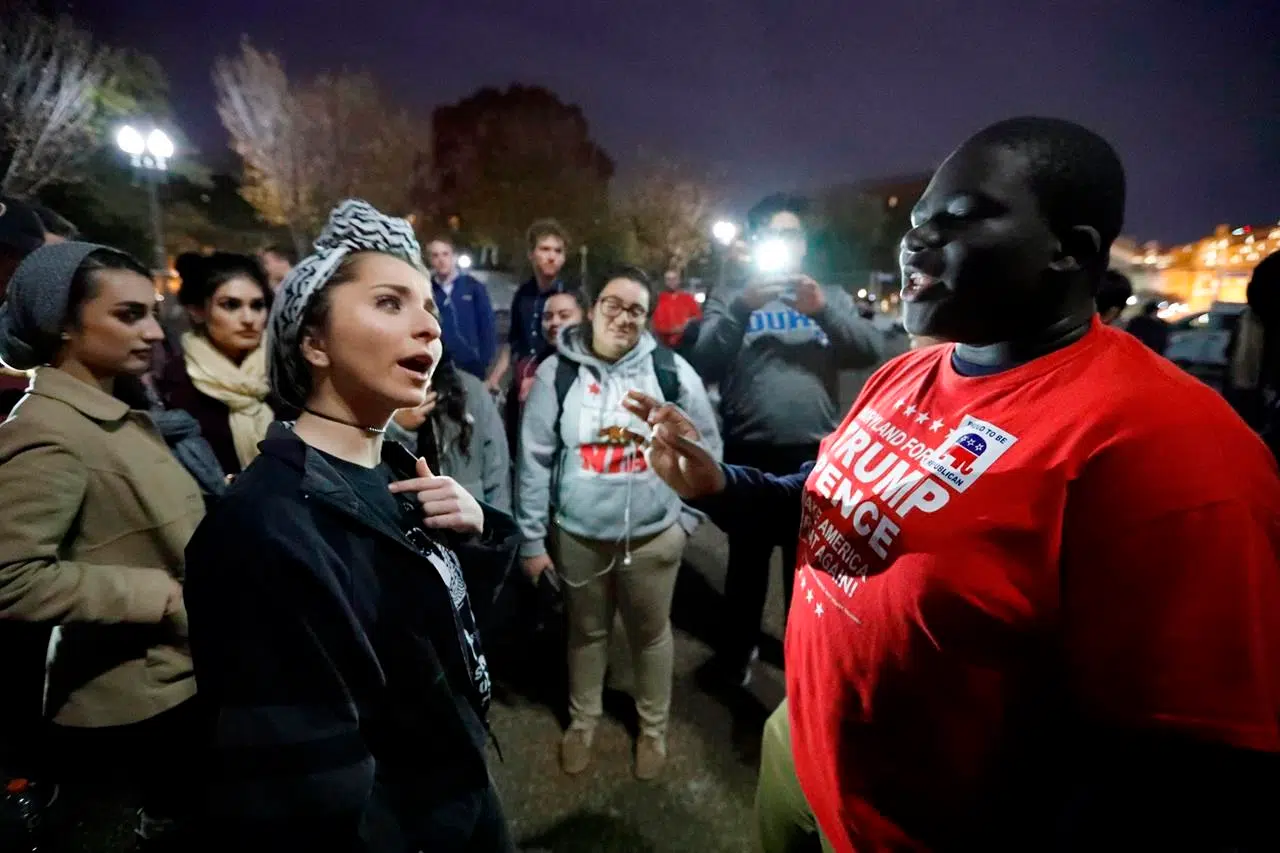
Denial, anger, bargaining: A gloomy capital goes through stages of Trump grief
WASHINGTON — A gloomy American capital has been grappling with its stages of grief this week over the election of a man almost universally detested within a dozen zip codes of the White House.
In solidly blue Washington, D.C., it’s no surprise a Republican performed poorly.
Even by those standards, however, Donald Trump’s performance was a rounding error away from zero. He got four per cent of the popular vote. He got less than Mitt Romney and John McCain, got clobbered in the nearby Virginia and Maryland suburbs, and his numbers weren’t helped by the fact that even Republicans around here don’t like him.
So there’s denial.



